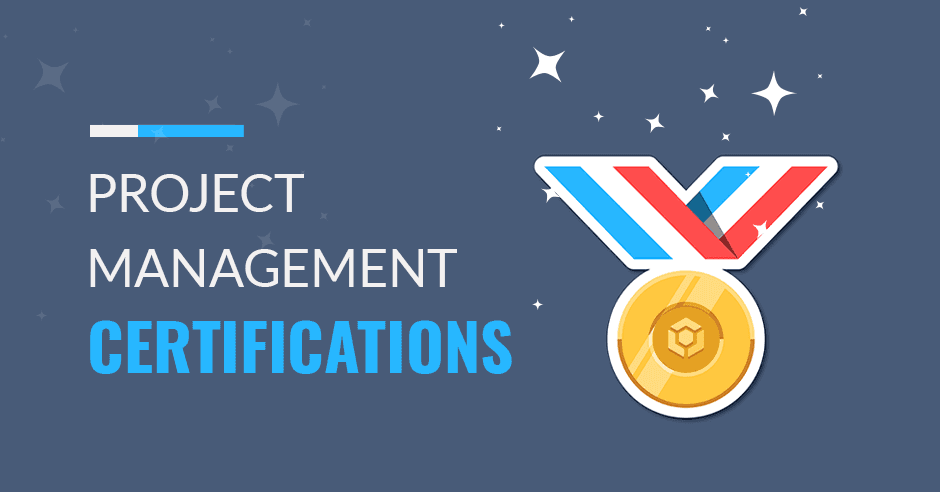Many project managers choose to pursue a project management certification in order to gain a greater sense of control over their projects. Besides gaining the coveted PMP certification, CPMP stands for the Certified Project Manager, which is the most common type of certification. The CPMP exam consists of 50 multiple choice questions and requires a minimum score of 70% to pass. It lasts an hour and is designed for professionals with a bachelor’s degree in project management. The CAPM certification, administered by the PMI, is an entry-level project management credential that is an ideal alternative to the PMP certification. This credential is widely recognized, making it an excellent choice for those with little or no experience managing projects. Its content is similar to that of the PMP, but not as detailed. It is a good choice for entry-level project managers who are still unsure of their professional objectives and would like to learn about the ins and outs of project management.
There are several benefits of the PMP certification, including greater job security. A PMP-certified project manager is required to maintain their certification every three years through professional development units. PRINCE2 is a good choice for new or aspiring project managers who do not wish to take the PMP exam. A PMP certificate and Scrum Master certification will provide a good foundation for career advancement and job security. The most common project management certifications are the PMP and CAPM. The CAPM is a generic project management method originally developed for IT environments. This credential is a great starting point for any project manager. The CAPM has no requirements for Professional Development Units, but you must complete at least 23 hours of project management education before you can apply for the PMP.
The CAPM is a five-year credential, and it does not require any PDUs, although it does require a minimum of nine hours of coursework. CompTIA Project+ is a certification for entry-level project managers. This credential is focused on small to medium-sized projects and focuses on core concepts of project management. It covers a variety of methodologies, the lifecycle of a project, managing resources, and communicating effectively. It is widely recognized and highly respected globally and is a good stepping stone to higher-level credentials. A PMP is the most commonly-known project management credential, but you can also choose to earn a PMI-certified counterpart through a program run by the IAPM.
A PMP certification is widely recognized by employers worldwide and can be a great way to advance your career. The PMP certification is the most popular and widely recognized. It has become the gold standard for project management. With more than one million certified PMP professionals worldwide, it’s easy to see why it’s the most-recognized credential for aspiring project managers. The most prominent project management certification is the PMP certification. A PMP certifies project managers with their knowledge and abilities. A CSSBB is the most basic certification. It requires an associate’s degree and a high school diploma. The Certified Associate in Project Management is an excellent way to demonstrate your experience in project management. If you’re working with a project team, you’ll want to take the CSSBB as well.
There are many other types of project management certifications. The PMP is the most widely recognized in the U.S., and PRINCE2 is more popular in the U.K., where it’s more common in the government sector. Both of these certifications are very useful for project managers. Getting a project management certification is not a cheap endeavor, but it is well worth it in the long run. The PMP credential is the most widely-known project management certification, and the IAPM is a great choice for those who have experience in project management. The IAPM is an entry-level certification for individuals with some background in the field. The IAPM is a good choice for people who are new to the industry. It’s an easy entry-level exam and requires no previous experience.

